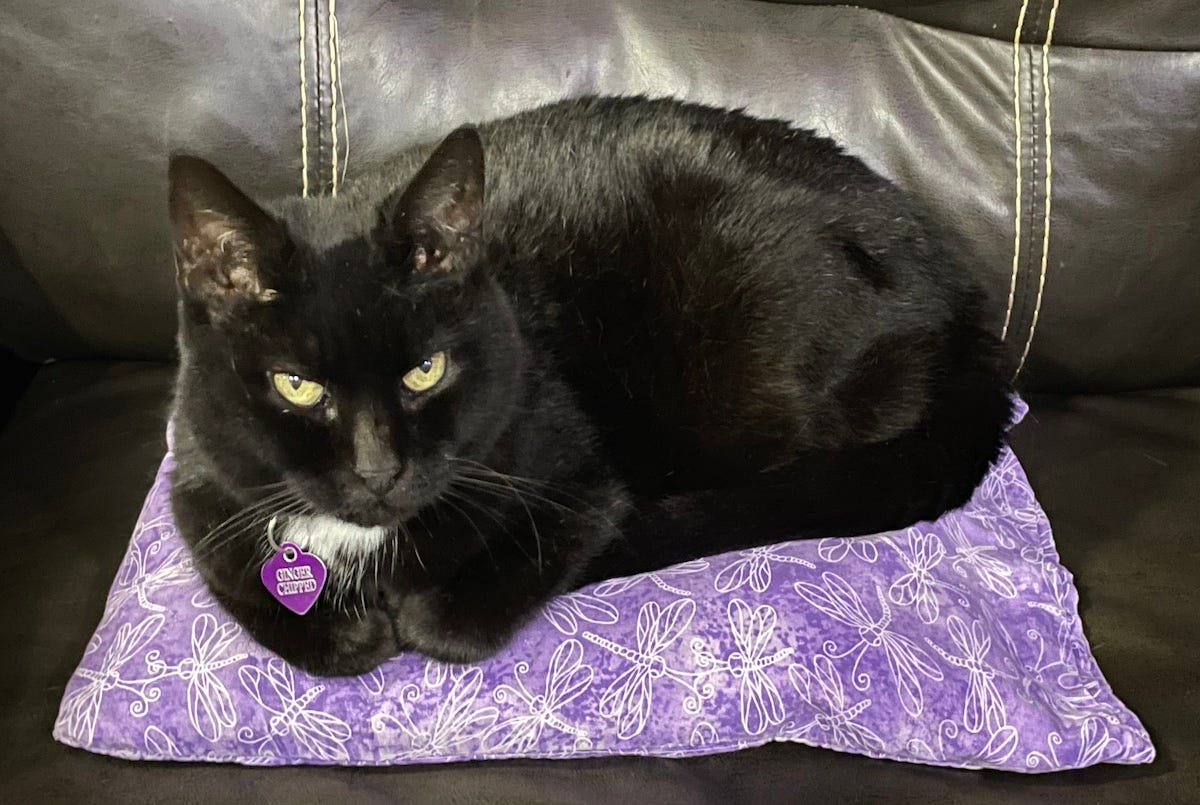Want successful kids? This often overlooked practice may be the key.
3 Pillars Parent Newsletter #38
By: Catherine Lynch and Glenn Collins
Dear Awesome Parent,
Here in the U.S., we’re on the tail end of the 4 day holiday that is Thanksgiving. If you celebrated, well Happy Thanksgiving to you! And if you didn’t, this letter is still for you because it’s really about parenting for happy and successful kids.
Thanksgiving is supposed to be about gratitude, but if you’re anything like us, it tends to be about food and family. We know the gratitude part is important, but it always seems to get pushed aside in the rush of the holiday season. It’s that way for our kids too, and as usual, any change we want to see has to start with us, the parents. We’re the leaders. The role models. Even when our kids are grown.
If we want to see more gratitude, we need to be the change we want to see in our homes, in our families. So, we’ve committed to showing more gratitude.
Ideally, we would’ve started before Thanksgiving, but here we are. We’re reminded of that Chinese proverb "The best time to plant a tree was 20 years ago. The second best time is now." Read on for the why and the how - and how gratitude connects to success.
Want successful kids? This often overlooked practice may be the key.
Confession: We don’t have a regular gratitude practice. Obviously, we should, because study after study shows that gratitude practices increase happiness. And the research shows happy people are more successful. (Most people think success makes people happy, but it’s really the other way around).
This is so important, and different from the way we usually think about it, we’re including a link to a TED Talk by the very funny Shawn Achor. He uses data he’s gathered consulting for Fortune 100 companies to make a compelling case for how we’re more creative, productive, and successful when we’re happy than when we’re not. And how a gratitude practice can help rewire our brains for happiness. We highly recommend you watch it.
So, it’s obvious we should be more grateful. Easier said than done, of course. If it was easy, we’d have done it already, right? Well, we’re committed to doing something about it. Here are 3 ways we’ve come up with to incorporate more gratitude in our own lives. We’re each going to pick one, and we invite you to join us.
Tell one of our kids something we’re grateful for about them every day.
Make it specific.
Use their preferred channel of communication, not yours.
Let go of your need for a reply.
Tell our partner something we’re grateful for every day at dinner.
Why dinner? Because we always eat together and sometimes there’s an adult child eating with us - we can role model without being all teach-y about it.
Why tell each other? Because there’s an element of we, of building the culture in the house. There’s accountability.
Why every day? Because daily habits are much more likely to stick than actions done intermittently.
Tell the world something we’re grateful for every day.
We’ll use social media or our newsletter.
Get creative - don’t be boring!
There’s accountability (and hopefully participation) with our friends on social media.
Gratitude practices aren’t big, flashy, and exciting. They don’t deliver a big hit of dopamine like a piece of cake, a video game, or an episode of your favorite show. That makes them harder to stick with, especially at first. There’s almost always something more pleasurable we could be doing. Gratitude practice is like the tortoise: slow, steady, and not very exciting. But research shows it reliably improves happiness.
Here are some quick tips to make it easier to stick with your new gratitude habit:
Pick only one of our ideas, or choose your own.
Make it small - it should take less than a minute.
Have an accountability partner - ideally someone who’ll join you in your practice.
Commit to it for a finite period of time - 30 days, for example.
How does this apply to parenting?
It’s all about leadership. You’re role-modeling the character, behavior and values you want you kids to pick up. We’re the parents of grown children. We can’t tell you how many times we’ve seen our kids mimic our habits and family culture in their own homes, with their own families. This is after despairing that they would ever pick up anything we wanted them to learn while they were living with us! Trust us:
What you do, especially what you do consistently, makes an impact on your kids. Even if you don’t think they’re paying attention, they are.
We’ll let you know how it goes for us and hope to hear how it works for you :)
Ginger
Our cat Ginger, possibly feeling grateful, on her favorite pillow.






